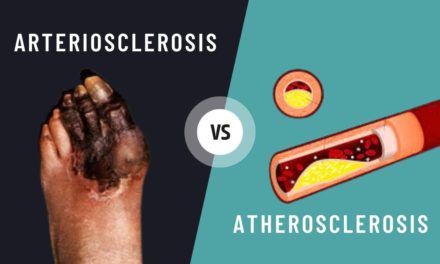Writing an article about Hyperthyroidism symptoms will help readers recognize the symptoms of the condition and seek timely medical attention.
Hyperthyroidism (overactive thyroid) occurs when your thyroid gland produces too much of the hormone thyroxine. Consider the following sections to create an informative article:
Introduction
Introduce hyperthyroidism as a common thyroid disorder that affects the body’s metabolism and various physiological functions.
Mention the importance of the thyroid gland and its role in regulating hormones.
1. Understanding Hyperthyroidism
Provide a brief overview of hyperthyroidism, explaining its causes and relationship with thyroid gland hormone production.
2. Common symptoms of Hyperthyroidism
- Describe the symptoms of an overactive thyroid, including:
- Unexplained weight loss despite increased appetite
- Elevated heart rate and palpitations
- Anxiety, restlessness, and irritability
- Trembling or shaking hands
- Heat intolerance and excessive sweating.
- Fatigue and muscle weakness.
- Changes in menstrual patterns in women
- Frequent bowel movements or diarrhea
- In some cases, enlargement of the thyroid gland (goiter).
3. Physical and emotional symptoms
Discuss in detail the physical and emotional manifestations of hyperthyroidism.
Explain how these symptoms can affect a person’s daily life and overall health.
4. Possible complications
Highlight the importance of early diagnosis and management of hyperthyroidism to prevent complications.
Mention potential complications such as osteoporosis, heart problems, and thyroid storm (a rare but life-threatening condition).
5. Diagnosis of Hyperthyroidism
Describe the diagnostic process, which may include physical examination, blood tests (TSH, T3, T4) and imaging (thyroid ultrasound).
6. Common causes
Discuss common causes of hyperthyroidism, including Graves’ disease, toxic multinodular goiter, and thyroiditis.
7. Treatment and Management
- Outline the treatment options available for Hyperthyroidism,
- Antithyroid drugs to reduce hormone production
- Radioactive iodine therapy to destroy excess thyroid cells
- Thyroid surgery (thyroidectomy) to remove part or all of the thyroid gland
8. Lifestyle and self-care
Offer advice on lifestyle changes and self-care practices that can help people with hyperthyroidism, such as stress management, a balanced diet, and regular exercise.
9. Conclusion
Summarize the main signs and symptoms of Hyperthyroidism.
Emphasize the importance of getting a medical diagnosis if any of these symptoms are present.










